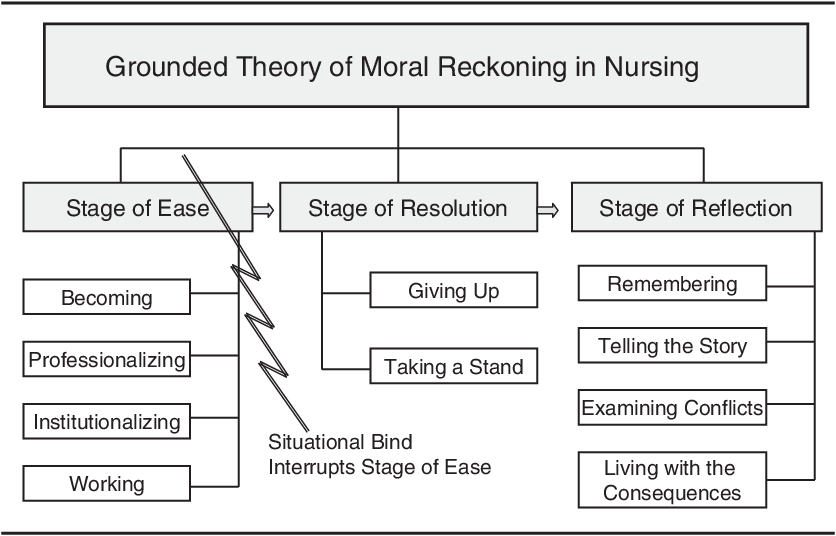The Moral Reckoning We're Avoiding
The Questions We Won't Ask
To the UAE: How is it acceptable to arm forces committing genocide? How do you justify this to your own citizens? What happened to Islamic principles of justice and mercy? How much gold is worth how many lives?
To Egypt: How is prolonging this war in your interest? Do millions of refugees serve Egyptian security? Can you live with being complicit in genocide of fellow Arabs and Muslims?
To the United States: If you've determined genocide is occurring, why haven't you sanctioned the UAE? Is the F-35 sale more important than hundreds of thousands of lives? What does "never again" mean if not this?
To Europe: Why is your strategic partnership with UAE more valuable than Sudanese lives? How can you claim commitment to human rights while ignoring genocide? Where is the Marshall Plan for Sudan?
To the African Union: Why have you failed your own people? Where is African solidarity? How can you watch this unfold without emergency action? Is sovereignty more important than stopping genocide?
To China: You invest billions in Africa—why not in peace? Your belt and road runs through chaos? Can you access resources while millions die? Does non-interference mean non-humanity?
To the UN: What is your purpose if not this? How many reports before action? How many warning before intervention? Are you just theatre while atrocities continue?
To the Media: Why is Sudan "forgotten"? Are African lives less newsworthy? How much coverage does it take to matter? When did you decide these deaths don't count?
To Ourselves: Why aren't we in the streets? Why isn't this at dinner tables? How have we accepted this horror? When did we become so numb?
The Uncomfortable Answers
The answers to all these questions come down to the same uncomfortable truth: Sudan doesn't matter enough to those with power to change it.
Not because it's too complex (it isn't) Not because solutions don't exist (they do) Not because the cost is too high (it's modest by international standards) Not because we don't know what's happening (we have detailed documentation)
Sudan doesn't matter because:
- It's African
- It's poor
- It lacks strategic resources Western powers need urgently
- Fixing it would require confronting allies (UAE, Egypt)
- There's no domestic political pressure in Western democracies
- The victims can't fight back or retaliate
- Other crises seem more pressing
- Racism, conscious and unconscious, devalues African lives
This is the reality we must confront: the international system allows genocide when the victims are African and the perpetrators are allied with powerful states.
Conclusion: Sudan as Mirror
Sudan reflects back to us the world we've created:
- Where wealth gaps fuel conflicts
- Where climate change multiplies suffering
- Where ethnic hatred is weaponized
- Where superpowers play chess with human lives
- Where international law is selectively applied
- Where media attention determines who lives and dies
- Where racism determines whose suffering matters
- Where genocide can happen in plain sight
The tragedy of Sudan is not that it's unique—it's that it's not. Yemen, Myanmar, Ethiopia's Tigray, Eastern Congo—the pattern repeats. Conflicts fueled by external powers, atrocities ignored, civilians suffering, international system failing.
But Sudan is perhaps the clearest case because:
- The facts are well-documented
- The perpetrators known
- The backers identified
- The solutions available
- The cost manageable
- The moral case undeniable
Yet still, nothing happens.
Sudan asks us: What is the international community for? What are our values worth? Whose lives matter? When will "never again" actually mean never again?
The world's response—silence, inaction, complicity—answers these questions in the most damning way possible.
The final lesson of Sudan: We have created an international system that permits genocide of those who don't matter to the powerful. Until we confront this moral bankruptcy, there will always be another Sudan, another forgotten war, another people sacrificed on the altar of great power interests.
The choice is ours: change the system, or admit that "never again" was always a lie.
Comments (Add)
Showing comments related to this blog.
